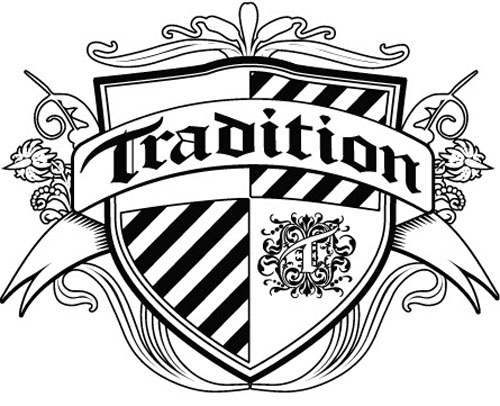Big news…
From: Emily Barlean [mailto:emily.barlean@cph.org]
Sent: Tuesday, March 30, 2010 12:39 PM
To: revpaulcain@gmail.com
Subject: CPH Announces Project for Commemorating Walther's 200th Birthday
NEWS RELEASE
Concordia Publishing House
3558 South Jefferson Ave.
St. Louis, Missouri 63118-3968
CONTACT: Emily Barlean, Corporate Communications
Phone: 314.268.1294
e-mail: emily.barlean@cph.org
For Immediate Release
Research on C.F.W. Walther a Way to Promote, Recognize His Significance
CPH Announces Project for Commemorating Walther's 200th Birthday
Twitter Pitch:
Want to contribute to the body of work on C.F.W. Walther? Want to win $1,200? Read more to find out how: http://pitch.pe/54906
Summary:
Concordia Publishing House encourages the study of Lutheran Confessional theology, its history, and its application in congregational life through a research paper on the subject of American theologian, C. F. W. Walther, in honor of the 200th anniversary of his birth. The winner will receive a $1,200 award.
Saint Louis, MO—The 200th anniversary of the birth of Rev. Dr. C.F.W. Walther, an American theologian and significant figure in nineteenth century Christian history, will be on October 25, 2011. To encourage the study of historical theology, the Professional and Academic Book Team at Concordia Publishing House has organized a way for those interested in contributing to the body of work about Walther to be published in a collection of papers to commemorate this event.
The commemoration of Walther is no small task. Walther was one of the most important Lutheran theologians in America. His achievements include helping to found the log cabin college that became Concordia Seminary in St. Louis, MO, leading publication of Der Lutheraner journal, helping to found The Lutheran Church—Missouri Synod (LCMS), as well as being its first president.
"The pastors who really change the lives of their people through Word and Sacrament renew and invigorate the Church, to the salvation of souls and the glory of God," said Rev. Charles P. Schaum, a Professional and Academic Books Editor at CPH. "Walther is a case in point, as shown by the substantial growth of the Missouri Synod during his lifetime."
In honor of all that Walther has done, CPH is asking the public to submit research papers on the topic of C.F.W. Walther. The award winning research paper will be gifted $1,200 and the second place paper will receive a $600 award. There will also be a $200 award for the best commemorative sermon and prayer (see more details at cph.org).
"C. F. W. Walther was called 'the Luther of North America' by those outside the circle of his own church body, but scholars in the twentieth and early twenty-first centuries have largely neglected him," said Dr. Robert Kolb, Director of the Institute for Mission Studies at Concordia Seminary. "The effort of Concordia Publishing House to promote study of his writings and to encourage new attempts to evaluate his significance is an important step toward opening up discussion of this figure who dare not be ignored."
Anyone may enter a 25-page research paper with 3–5 pages of bibliography. Lutheran Church—Missouri Synod pastors and divinity students may enter a sermon and prayer. Each submission must carefully adhere to the terms and conditions of the award, which can be found at http://bit.ly/adZLGf. All entries must be submitted by October 31, 2010.
Resource Links:
Social Media Release: http://pitch.pe/54906
Concordia Publishing House: http://www.cph.org
More about the Reformation Theology Research Award: http://bit.ly/adZLGf
Lutheran Church—Missouri Synod: http://www.lcms.org
CPH Media Room: http://cph.mediaroom.com/
Concordia Publishing House is a not-for-profit publishing company and the publisher of The Lutheran Church—Missouri Synod. The company offers more than 8,000 products for use in Christian congregations, schools, and homes. Visit CPH on the Web at http://www.cph.org.
Media Resources:
View this or previous releases or download via Word or PDF on Scribd <http://www.scribd.com/cphnews> .
# # #
Tags:
Walther, C.F.W. Walther, C. F. W. Walther, Research, Research Award, Reformation Theology Research Award, Concordia Publishing House, CPH, award, cash prize, research paper, commemorative sermon and prayer, Lutheran Confessional theology, birthday, anniversary, 2011, get published, Dr. Robert Kolb, Concordia Seminary, St. Louis, Missouri, Lutheran Church—Missouri Synod, LCMS
If you would rather not receive future communications from Concordia Publishing House, let us know by clicking here.
Concordia Publishing House, 3558 S. Jefferson Ave., St. Louis, MO 63123 United States










